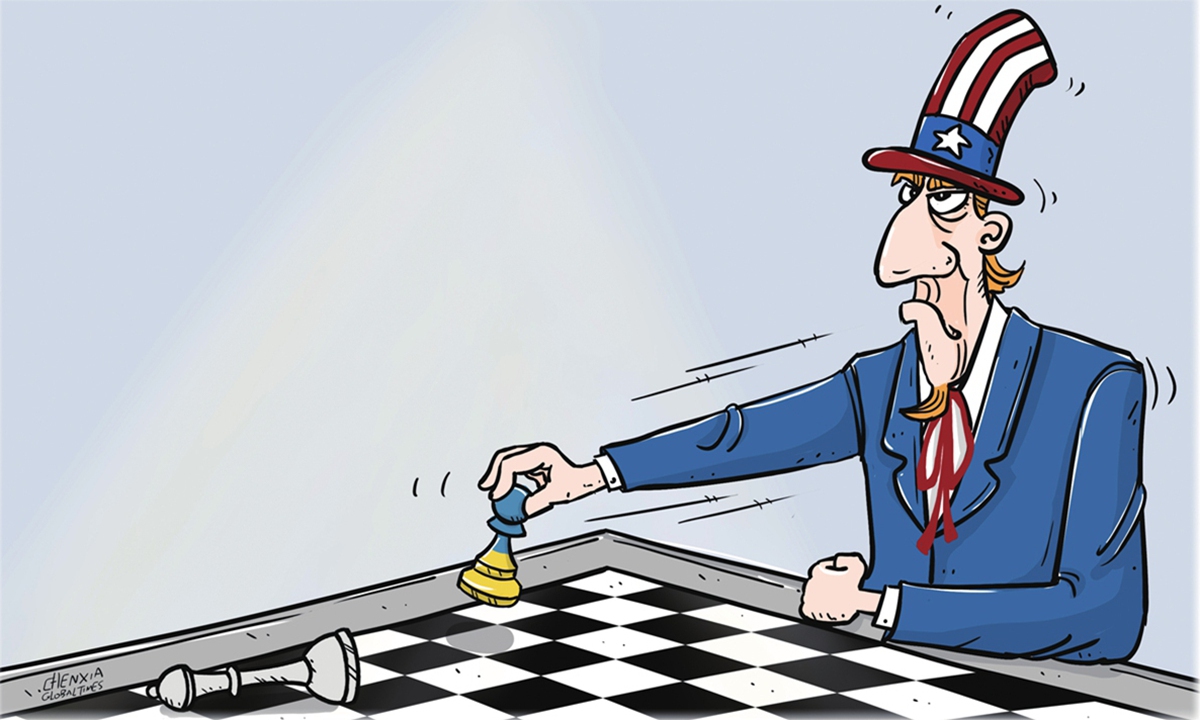Charles McKelvey

For the last decade, the US has unleashed a new type of warfare, involving a hybrid methodology with economic, political, military, cultural, and ideological dimensions. Economic sanctions, support for proxy military forces, and ideological distortions are its calling cards. It is utilized against nations that refuse to subordinate their interests to those of the US.
The unconventional war is possibly the last stage of US imperialism. The unconventional war cannot reverse decades of US economic decline, rooted in insufficient attention to the productivity of its national economy. It therefore cannot attain its goal of sustaining US hegemony in the neocolonial world-system, itself in a sustained structural crisis that unconventional wars aggravate.
In addition, the unconventional war has a boomerang effect. It increases unity among anti-imperialist states, deepening their interest in constructing alternatives to US hegemony. And it deepens resolve within targeted nations. Today targeted nations like China, Russia, Cuba, Venezuela, and Nicaragua continue on their sovereign road, applying creative measures to adapt to new imperialist strategies, deepening their relations with one another, and finding the support of other nations that have a long-term interest in structural alternatives to the neocolonial world-system.
In the earlier epoch of world transition from colonialism to neocolonialism, economic sanctions imposed on non-conforming nations by the world powers could be effective. During that time period, non-conforming nations were those that did not uphold the appearance of being democratic, as was expected in the post-colonial era of the neocolonial world order, which involved a certain level of deception and in which the international community consists of supposedly equal and sovereign nations, in which all citizens have civil and political (but not socioeconomic) rights.
Apartheid South Africa, sanctioned for its incompatibility with the post-1965 neocolonial world order, could not resist the impact of sanctions, inasmuch as its political culture lacked tenable moral principles necessary for sustained resistance.
The current economic sanctions imposed by decadent imperialism, however, are another matter. The present world-system is in the early stages of transition to a post-neocolonial, pluripolar world, in which true respect for the sovereignty of nations is envisioned. In this situation, nations are sanctioned by the Western neocolonial powers for attempting to practice what they envision for the future. Such defiant nations have a strong moral foundation for sustaining resistance to any attacks against them. When they are attacked, they recommit to the fundamental moral principles on which their defiance is based, such as the right of all nations to sovereignty, among others.
The imperialist tool of economic sanctions is a complex affair. Economic sanctions today involve a considerable number of financial and commercial measures, many of which are directed against individuals or economic enterprises in targeted countries as well as in third countries.
The effect of economic sanctions is difficult to predict, because of the capacity of targeted countries to adapt, particularly those with large economies and extensive international commercial and financial relations. For example, Russian imports dropped during the first few months following the imposition of sanctions related to the Russian military operation in Ukraine, but the level of imports recovered by the end of 2022, as Russia reoriented its trade to China, Turkey, and a few other economies. Similarly, China has responded with countermeasures to US sanctions against Chinese companies.
On the other hand, even though targeted countries invariably adapt, sanctions can damage the economies of targeted nations, especially over the long term, and especially those with smaller economies. However, economic sanctions, even when they have damaging effects, do not cause a change in economic policies or in foreign policy. Sanctions do not deter or dissuade nations from their sovereign road, as can be seen in the fact that the processes of regional integration seeking a pluripolar world order have intensified during the past year.
At the June 23, 2022, BRICS Summit, for example, which was hosted by China and included the presence of Russia and President Vladimir Putin, the commitment of the member states to increase mutually beneficial trade and cooperation was evident. Moreover, a previous proposal for the expansion of BRICS has been given new priority; several governments from Asia, the Middle East, Africa, and Latin America are interested in joining the BRICS group.
The President of the International Forum of BRICS, Purnima Anand, maintained that "with the crisis in Ukraine, new alliances are forming, and the people are looking toward the East."
In addition, Russia hosted the Tenth Moscow Conference on International Security in August 2022. More than seventy countries participated, including China.
For its part, China continues to play a leadership role in the construction of a multipolar world. Regional Comprehensive Economic Partnership (RCEP) agreement which includes fifteen East Asian and Southeast Asian countries to enter into force in January 2022. And China was a key player in it. And in December 2022, Chinese President Xi Jinping attended inaugurations of the China-Arab States Summit and the China-Gulf Cooperation Council Summit in Riyadh, Saudi Arabia.
The imposition of economic sanctions often damages economies and inflicts harm on the people. But it does not deter the quest for sovereignty.
No comments:
Post a Comment